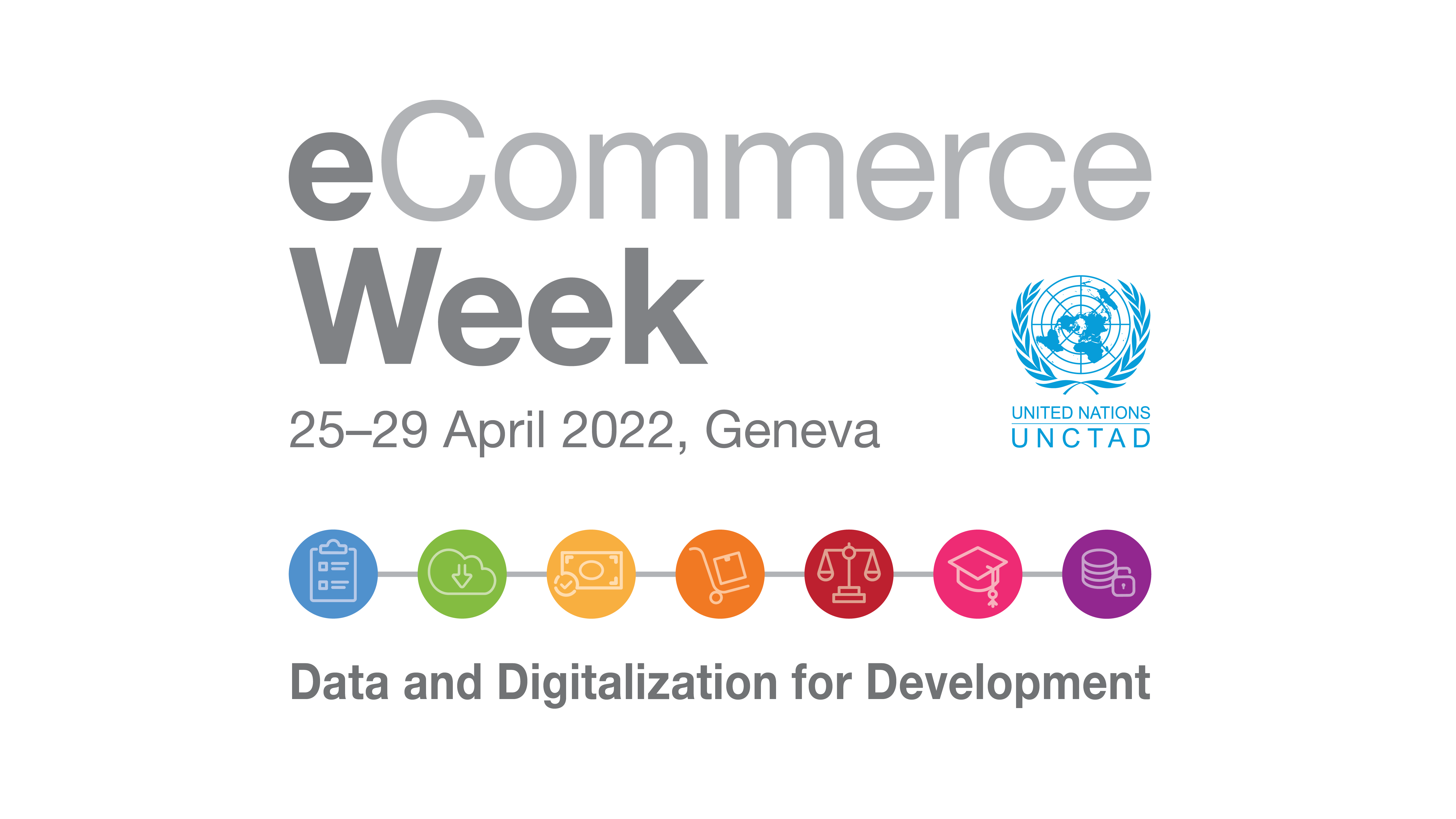Overcoming barriers to trust in cross-border data flows
29 Apr 2022 16:00h - 17:00h
Event report
This session discussed the impacts of cross-border data flows on the global digital economy from the perspectives of different stakeholders. It explored what policy elements and what approaches could lead to increased confidence in cross-border data flows and potential solutions at the national and international levels with the aim to develop a global framework.
The session was opened by Ms Timea Suto (International Chamber of Commerce, Global Policy Lead – Digital) introducing the topic of trust in cross-border data flows. Suto pointed out that the lack of trust, which originates in unclear parameters and rules related to security, data protection, privacy rights and freedoms, negatively impacts the global digital economy. Suto introduced the latest report – ICC White Paper on Trusted Government Access to Personal Data Held by the Private Sector. It concludes that the set of seven draft principles currently under discussion in the OECD is a promising start towards the establishment of common global rules on obliged access.
The panellists discussed the importance of cross-border data transfers and their impacts. From the perspective of the trade association for software companies, Ms Kate Goodloe (BSA | The Software Alliance, Senior Director, Policy) reflected on two points – that the ability to send data across borders is important for companies of all sizes, and the need to see cross-border transfers as the basis of day-to-day functioning of companies. She illustrated the importance of data flows for the cross-sectoral increase in productivity and economic and societal benefits.
Mr Ibrahim Mamma (UNECA, Digital Center of Excellence, Digital Strategy and Policy Adviser) pointed out that cross-border data transfers are central to overall decision-making and explained the work UNECA is doing with the African Union in framing the discussion. Mamma pointed out that support at the national level through regulation and policy on the digital economy, skills in governing and managing data, and the understanding of data and digital rights by users are crucial in creating an interoperable system of data transfers.
Ms Makoto Yokozawa (Center for International Economic Collaboration, Senior Research Fellow) reflected on the concept of trust in cross-border data flows and balancing different policy objectives. He emphasised trust as needed in transactions with business partners and its effects on reducing costs and risks for all businesses, especially for e-commerce and digital businesses. Yokozawa pointed out that harmonised data protection regulation and access regulation are essential.
Presenting global business perspectives, Mr Peter Farrell (Unilever, Global Privacy Director) described how data transfers impact all parts of the business – decision-making and operations, e-commerce operations and support of local partners, as well as work of HR. He highlighted the need for cooperation with governments to ensure the free flow of data for commercial purposes, as well as international efforts – the Cross-Border Data Forum and cross-border transfer negotiations between the USA and the EU.
Bringing in the perspective of the Brazilian Data Protection Authority, Ms Miriam Wimmer (Brazilian Data Protection Authority, Director) pointed out that the discussion on cross-border data transfers is no longer a dialogue between the USA and the EU. She emphasised the need to transform the abstract concept of trust in cross-border data flows into mechanisms and procedures, and explore models and instruments to do so. Wimmer also addressed the need to identify the space to hold such discussion at the international level.
Ms Jasmine Begum (Microsoft, Regional Director, Legal, Corporate and Government Affairs) stressed the urgent need to update data enforcement laws by governments and address the challenge between data protection and search and seizure laws. She laid out six principles that must regulate government access to private data: universal right to notice, independent and meaningful judicial authorisation, clear legal processes with the right to challenge, conflict resolution mechanisms, updated rules for seeking enterprise data, and transparency.
In conclusion, the panellists addressed the main advice to policymakers in creating a trustworthy network for cross-border data transfers. Tailored regulation, benefits of the transfers for areas other than economic, data localisation impacts, need for skills, and the implementation of principles of impartiality, fairness, predictability, and reciprocity were mentioned.
By Pavlina Ittelson
Related topics
Related event

